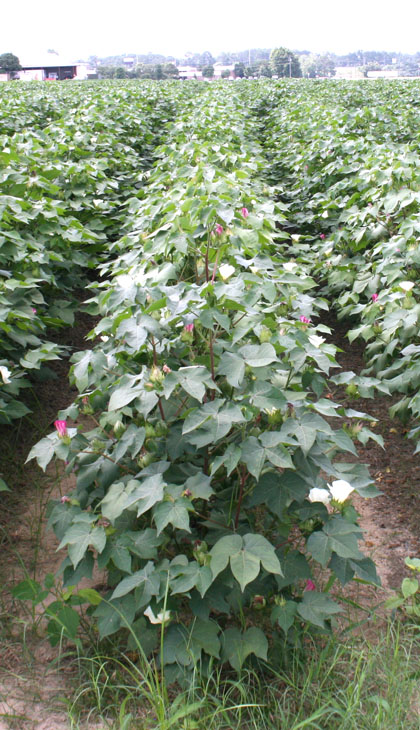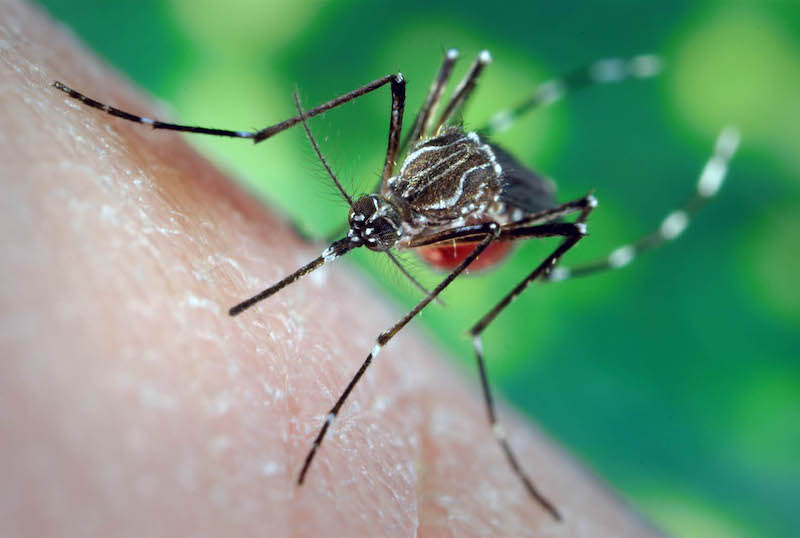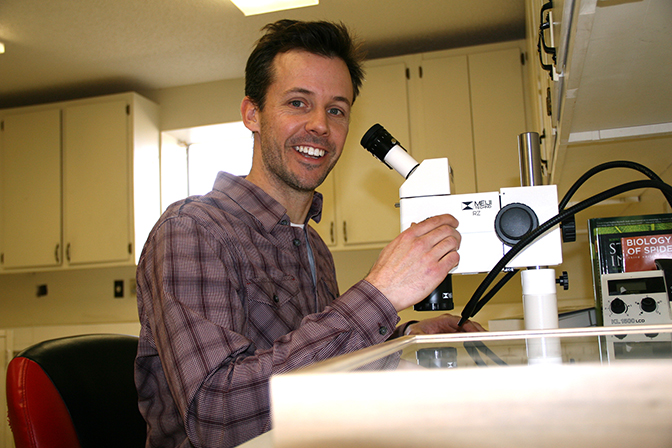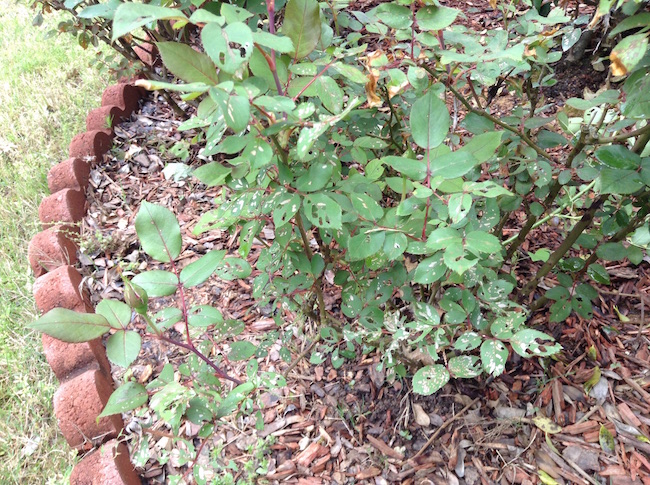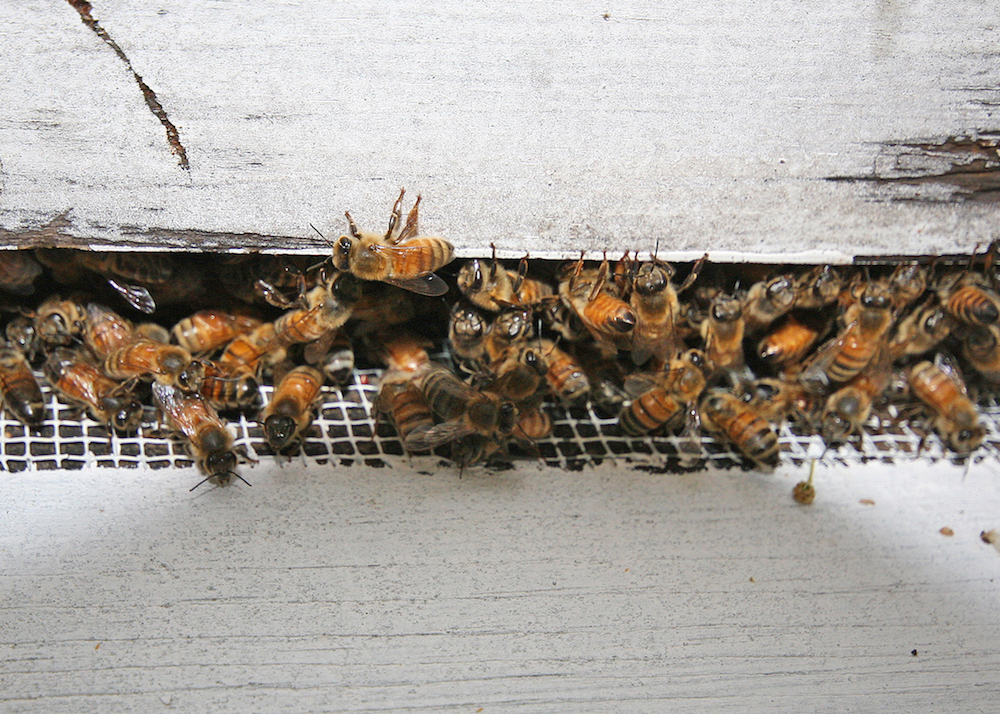 CAES News
CAES News
Beekeeping Basics
Spread it on fresh, fluffy biscuits, stir it into a steamy cup of tea or use it to soothe a sore throat. Honey has been used for a variety of culinary and medicinal applications for centuries, and it’s still in high demand today.

